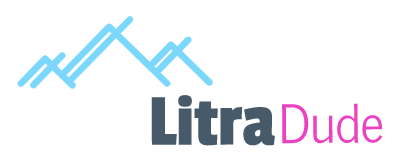Max Weber (1864-1920) was a philosopher who explained more about bureaucracy. His writings were greatly influenced by the societal changes of the late eighteenth century, especially capitalism and the Industrial Revolution.
His important works include The Protestant Ethic and The Spirit of Capitalism, which were written in connection to the historical reality of the industrial revolution.
Weber identified three authority structures, such as traditional authority, charismatic authority, and legal-rational authority.
Types of Authority
- Traditional Authority: Traditional authority is an organization or authority that possesses a power that is derived from custom, beliefs, or tradition. the orders of the head were obeyed on the status that he inherited. The person exercising traditional authority was referred not as a ‘superior’, but as a personal chief head. This includes patriarchs, tribal leaders, etc. The administrative staffs in traditional authority are not officials, but they are friends and relatives. And the relation of the administrative staff to the chief is determined by personal loyalty.
- Charismatic Authority: Weber used the Greek word ‘charisma’ and defined it as the “quality of an individual personality to attribute with supernatural, superhuman, or at least a person with specifically exceptional powers or qualities” by his subjects. In this administrative structure, there will be a leader and following disciples. Disciples obediently obey the order of the leader. no formal procedures or legal rules are followed for appointment, promotions, or remunerations in charismatic authority. This means that the leader is not governed by any formal method or rules. as a result, Weber cautioned that the administration would be unstable and loose.
- Legal-Rational Authority: out of the three types of authority, Weber considered ‘legal-rational authority’ as the foundation of modern-day organizations. Weber systematically studied industrial society and where identified the following features of authority: specialization, formalized rules, and regulations, centralized authority, hierarchical setup, chain of command, competition etc. Bureaucracy or officials are an important part of the legal-rational authority. These officials or bureaucrats exercise their official duties in an impersonal and formalistic manner. In this authority, the subordinates obey the orders by default and not out of personal loyalty. This authority can ensure more rationality and efficiency than any other authority.
These are the three authority structures promoted by Max Weber. Among the three authority structures, he considers ‘Legal rational authority as the foundation of modern-day organizations.
